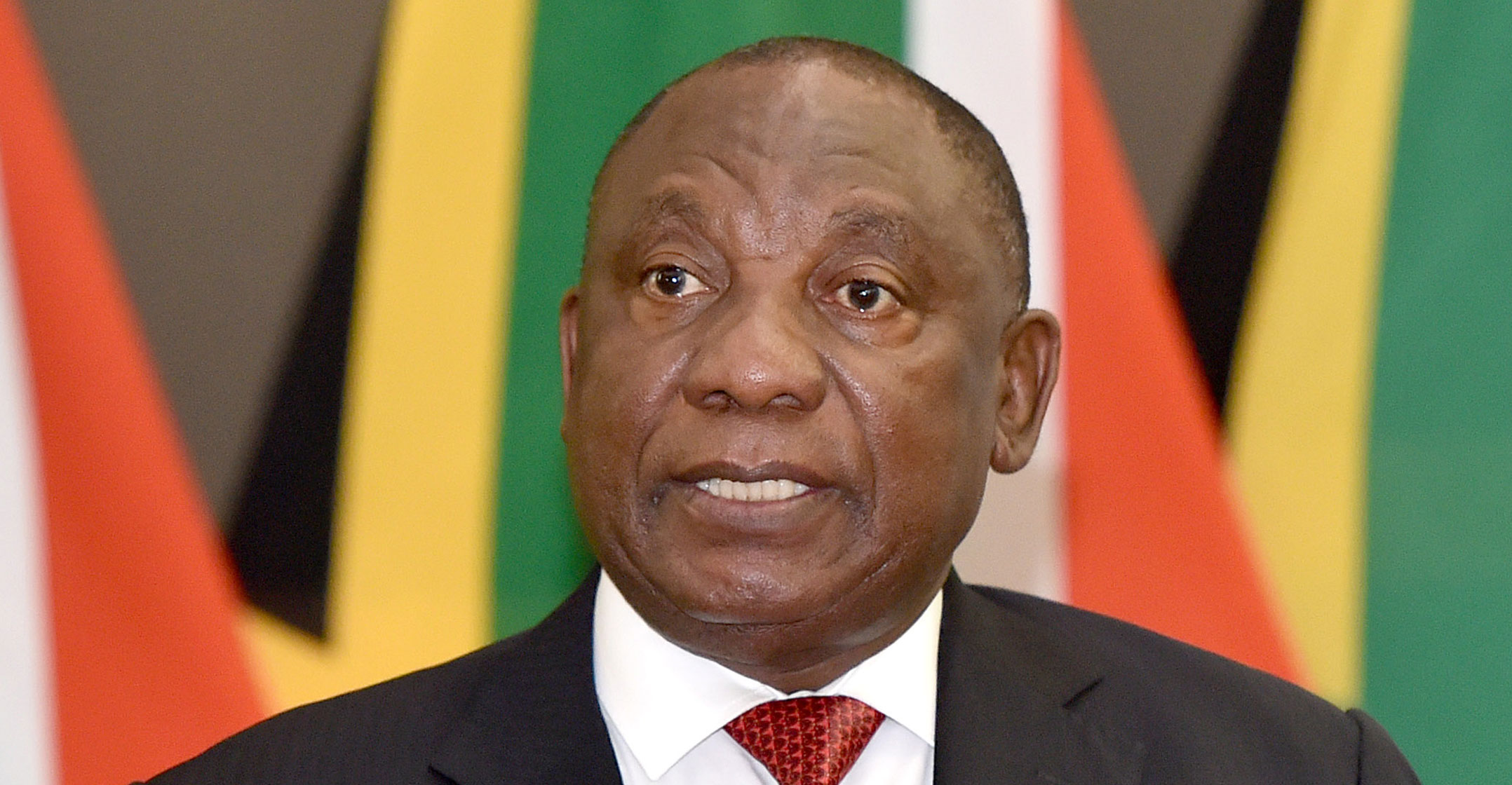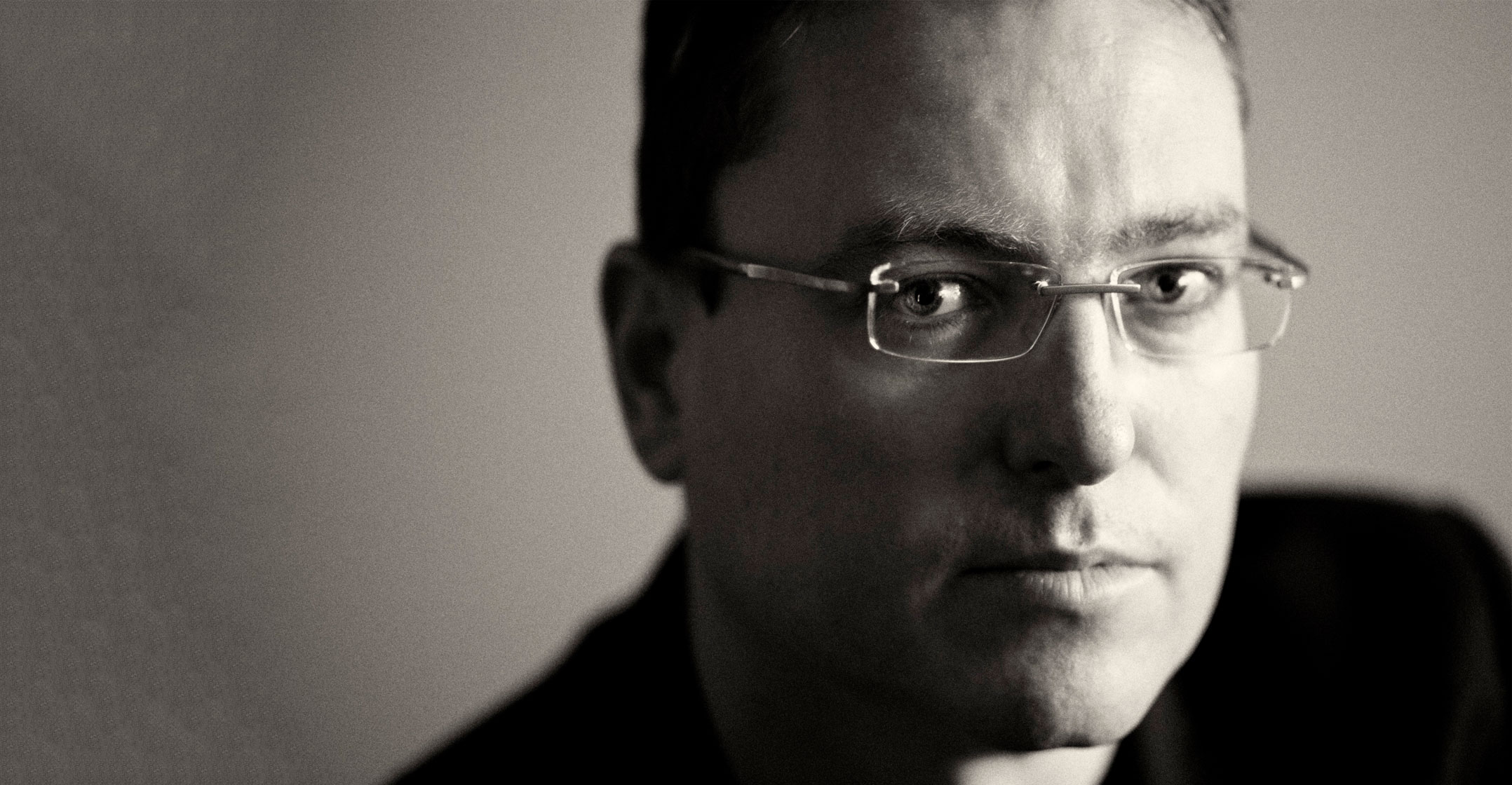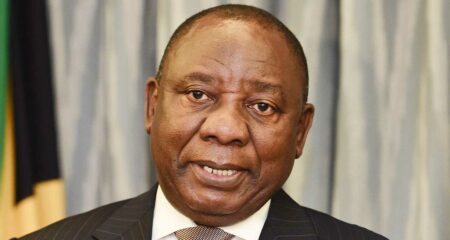
I let out a cynical laugh while watching President Cyril Ramaphosa deliver his state of the nation address in parliament on Thursday evening.
I was laughing not at his pie-in-the-sky plans to build a smart city near Lanseria, nor at his promise that restructuring at Eskom will create an “efficient, modern and competitive energy system”. No, I was laughing because he promised that South Africa would complete its analogue television switch-off by March next year – the latest deadline in an exceptionally long list of missed deadlines in the broadcasting digital migration project.
Ramaphosa’s promise in parliament that Sentech, the state-owned broadcasting signal distributor, will begin the switch-off of analogue transmitters next month and complete the project within 12 months is doable, of course. It’s just that I no longer have much faith that the ANC government is capable of delivering the project.
Ten years after broadcasting digital migration was meant to be completed – according to the original deadline set by the Thabo Mbeki administration (yes, this has been going on that long) – South Africa is still a long way from completing the project. Even in a bad scenario, it should have been done and dusted in the early years of the Jacob Zuma administration.
Zuma, of course, stuffed the communications ministry with a series of corrupt, incompetent or (at best) ineffective politicians. Not surprisingly, little progress on migration happened on Zuma’s watch. Yunus Carrim was something of an exception — he at least seemed to have the desire to get stuff done — though Zuma quickly fired him, and for reasons that are yet to fully emerge in the public domain.
Little has happened
Sadly, little has happened since Ramaphosa took the reins in the Union Buildings in 2018. Several more deadlines – including one made by the president himself in last year’s state of the nation address – have gone flying by.
Part of the problem is that Ramaphosa’s communications minister, Stella Ndabeni-Abrahams, seems to have more interest in interfering at the SABC — and potentially fomenting a crisis — than attending to the more pressing issues facing her ministry.
Ndabeni-Abrahams is good at spinning PR – she calls press conferences when she’s under fire to try to talk up the work of the communications department and to tell the media – and the broader public – how much the “ANC cares about you” and how much it “loves you”. But when it comes to delivering what matters, like digital migration, she is largely absent.
 To be sure, worse ministers have gone before her in the communications portfolio – things really hit rock bottom when Zuma installed Faith Muthambi there. But Ndabeni-Abrahams has demonstrated through her inaction and her lack of urgency to get things done that she’s not the right person to be leading this important economic ministry. She is, however, a political ally of the president’s, so she’s probably there to stay.
To be sure, worse ministers have gone before her in the communications portfolio – things really hit rock bottom when Zuma installed Faith Muthambi there. But Ndabeni-Abrahams has demonstrated through her inaction and her lack of urgency to get things done that she’s not the right person to be leading this important economic ministry. She is, however, a political ally of the president’s, so she’s probably there to stay.
So, analogue switch-off starts next month, the president said. That is one promise that will almost certainly be met – Sentech, which has been well led in recent years, has deployed digital infrastructure countrywide and is champing at the bit to begin the switchover. Some rural areas can be switched off now with minimal disruption.
The challenge is switching off all analogue transmitters within 12 months, especially in the big cities. Millions of indigent households still do not have digital set-top boxes, and distributing the hundreds of thousands of government-ordered boxes still sitting in Post Office warehouses (last time I checked) will take time and a big effort. Sentech has been charged with this project, taking it off the hands of the Universal Service & Access Agency of South Africa (Usaasa), a perennially broken and corrupt organisation that was never up to the job.
So, perhaps Ramaphosa is confident that with Sentech helping out, the digital migration train is finally departing the station. But that’s placing the weight of expectation on a state-owned enterprise that’s very much focused on, and geared towards, delivering services to other businesses – like the SABC and e.tv – and not to retail consumers.
Remember MyWireless, Sentech’s last (and only) attempt to launch a business-to-consumer offering? It was a disaster because Sentech simply wasn’t geared to deliver to a consumer market. While delivering set-top boxes and aerials to households can (and must) be project managed – and Sentech will work with partners to do the installations – it’s still a significant deviation from its main focus as an organisation. I hope it gets it right. It has a better foundation to do so than Usaasa.
Digital dividend
I don’t mean to be overly pessimistic about the likelihood of Ramaphosa’s March 2022 deadline being met. But all historical evidence — the dozens of missed deadlines — suggests it simply won’t happen by then.
Remember, too, that analogue switch-off is only the first part of the digital migration project. Once the analogue transmitters have been switched off, a complex “digital restacking” needs to take place, during which time broadcasters will be moved out of the “digital dividend” bands and into lower frequencies. That restacking requires careful planning and management.
Only once restacking has been completed can mobile telecommunications operators like Telkom, MTN and Vodacom begin to make use of that spectrum – which, after all, is the main reason for the project in the first place, to free up spectrum for mobile Internet services.

Unless it’s delayed by the courts (a distinct possibility), communications regulator Icasa will license spectrum in the digital dividend bands at the end of next month. But with the analogue broadcasters still using that spectrum, what happens after March? If the mobile operators simply start using that spectrum – which, according to Icasa, they will be entitled to do – it will cause interference with television broadcasts across the country. And, no doubt, broadcasters will interfere with broadband signals. It’s a mess!
Until the full digital migration project has been completed, broadcasters and telecoms operators may simply have to work together to try to mitigate against harmful signal interference as far as possible for years into the future.
I wish I could end this column on a more positive note. But a year from now, when Ramaphosa stands up in parliament to deliver the 2022 state of the nation address, what promises will he make then about digital migration? And will anyone believe him? — (c) 2021 NewsCentral Media
- Duncan McLeod is editor of TechCentral




